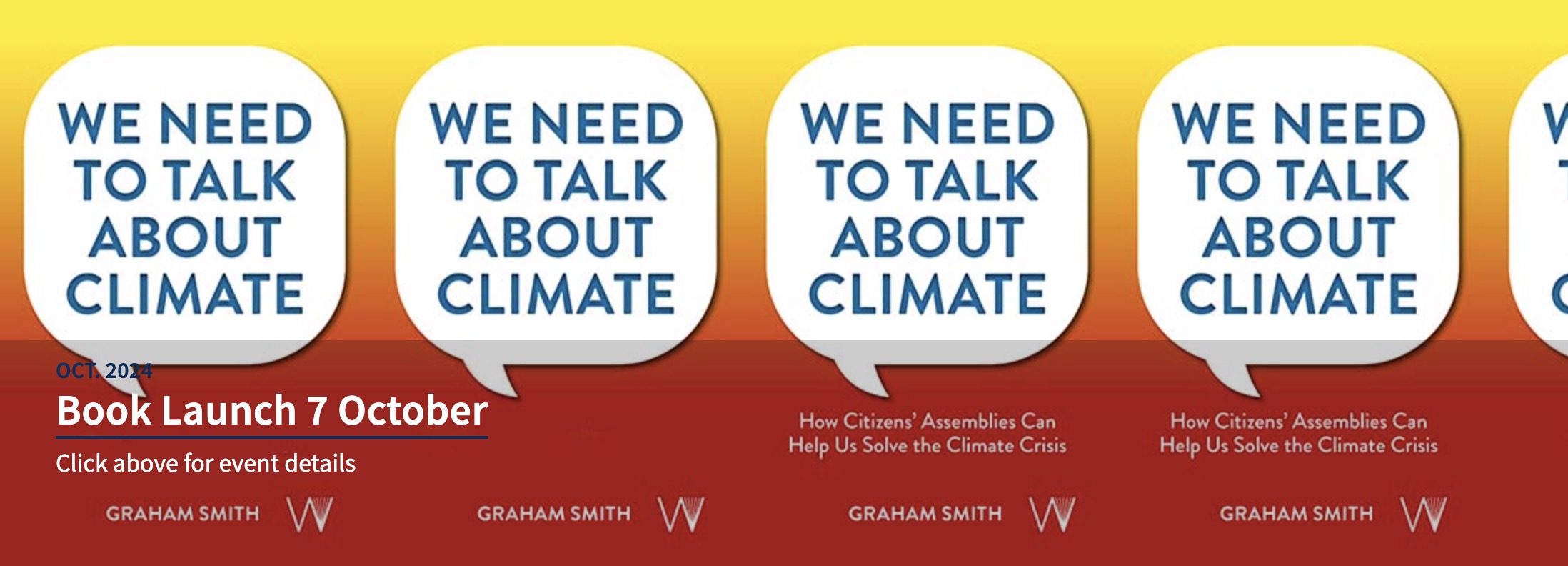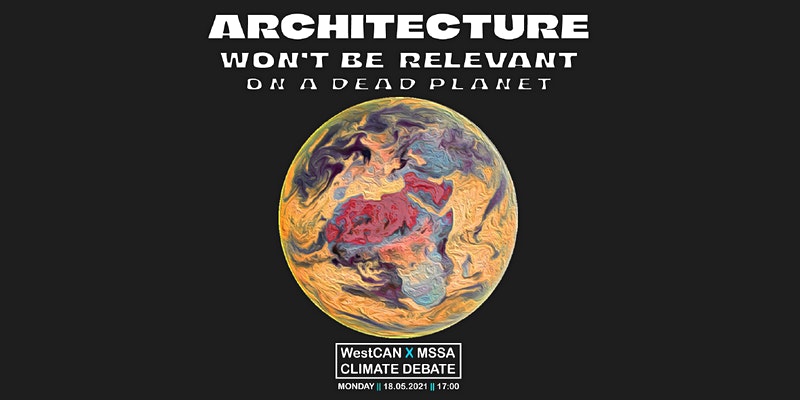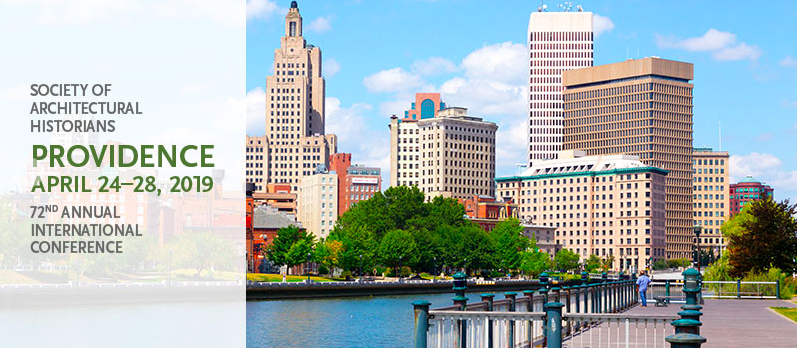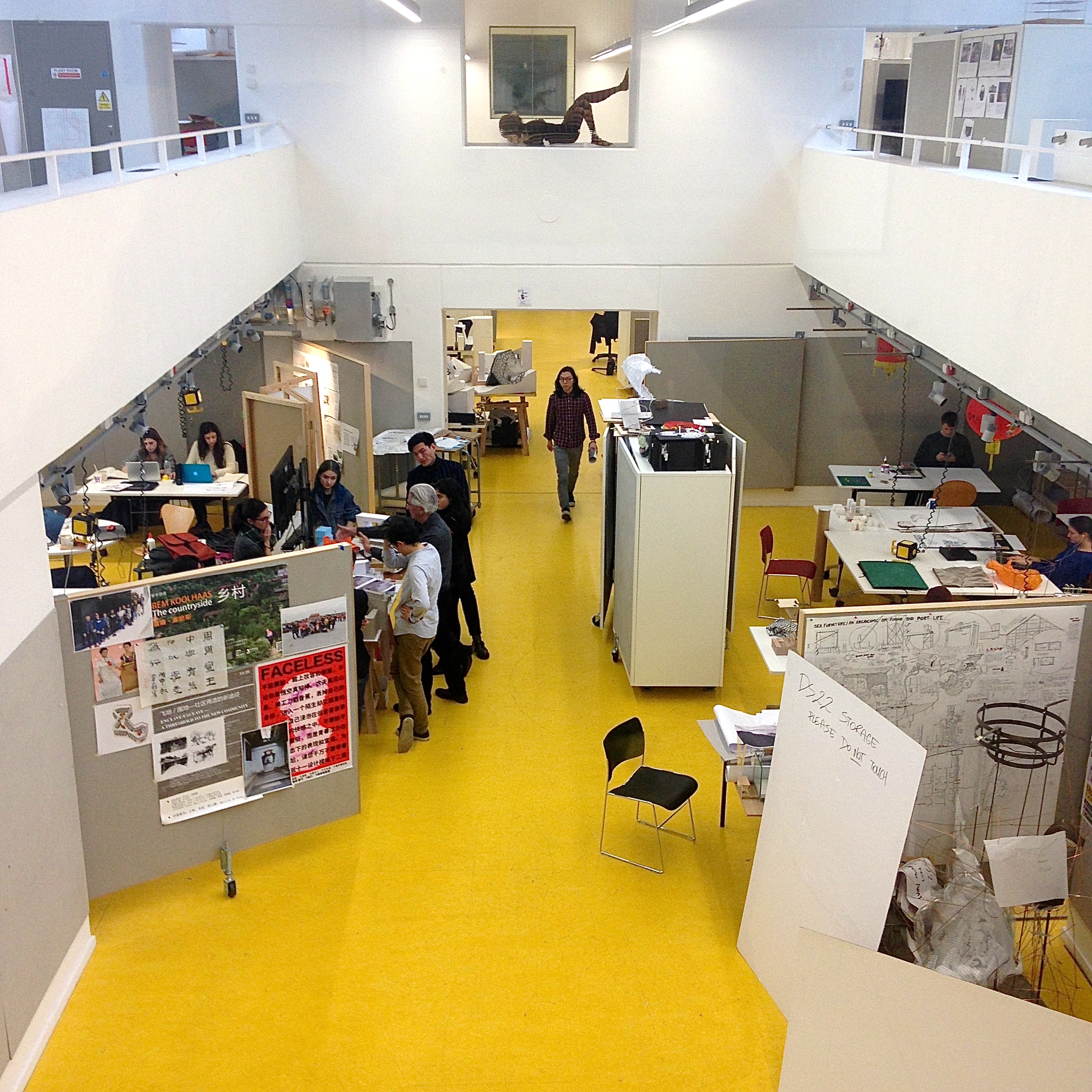When: Monday, 7th of October 2024 at 6pm – 7.30pm (BST)
Where: Fyvie Hall, University of Westminster, 309 Regents Street, W1B 2HW
Join us at the launch of the new open access book We Need to Talk about Climate: How Citizens’ Assemblies Can Help Us Solve the Climate Crisis, written by Graham Smith, Professor of Politics at the University of Westminster and Chair of the Knowledge Network on Climate Assemblies (KNOCA).
Graham will be joined by Miriam Levin, Director of the Participatory Programmes at Demos and lead author of the recent Citizens’ White Paper, and Clare Farrell, co-founder of Extinction Rebellion and Humanity Project, to debate the future of citizens’ assemblies in the UK and beyond. The event will be introduced by Peter Bonfield, Vice Chancellor of the University of Westminster.
The transition to net zero and climate resilient societies requires deep social and economic transformations that will have significant effects on citizens’ lives. Such a transition needs to engage the public directly. Citizens’ assemblies show us how we can bring the shared wisdom of ordinary people into political decision-making.
We Need to Talk about Climate explores the variety of climate assemblies that have taken place so far at local, national and international levels and explains why they have captured the imagination of governments and activists alike. It examines the different contexts and designs of climate assemblies and assesses their impact. Drawing lessons from current practice, the book demonstrates how assemblies can take us beyond the shortcomings of electoral and partisan politics and how they can have a real and lasting impact on climate policy and politics.
We Need to Talk About Climate can be downloaded and hard copies ordered on the University of Westminster Press website.
Praise for the book
“An authoritative and practical guide to one of the most promising democratic innovations for redressing the power imbalances in climate policymaking”, Laurence Tubiana, CEO, European Climate Foundation
“Full of penetrating analysis and inspiring examples, this book shows that there is another – and better – way of doing politics”, Dr Roman Krznaric, author of The Good Ancestor
“Let us heed Professor Smith’s advice before the clock stops ticking”, Professor John Gastil, Penn State University.
https://www.westminster.ac.uk/events/book-launch-we-need-to-talk-about-climate-assemblies














